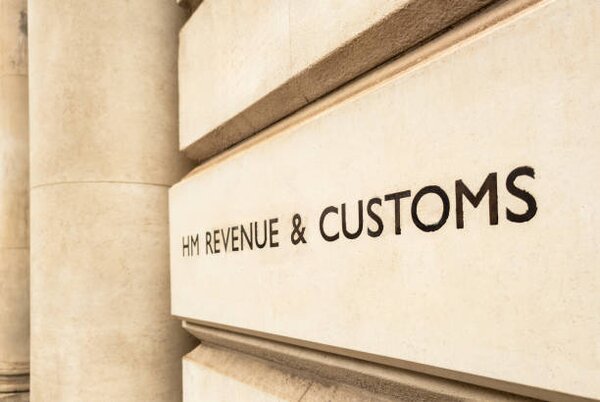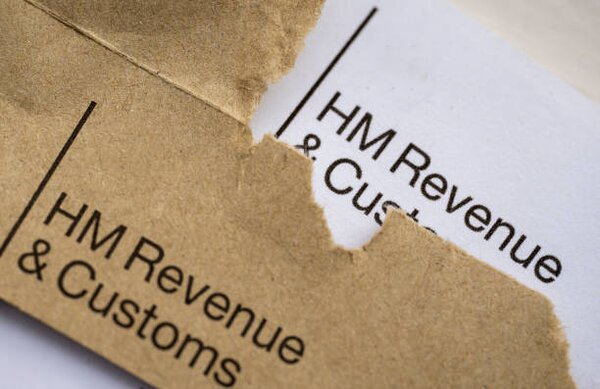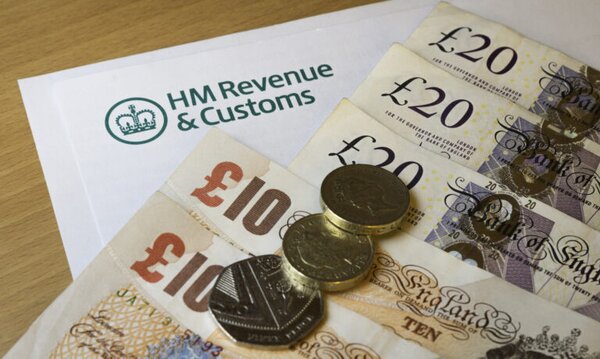Let’s Break Down Corporation Tax
Running a business in the UK? Then corporation tax is something you can't afford to ignore. Every registered company must pay it on their annual profits, making it one of the biggest financial responsibilities for businesses of all sises.Whether you’re just starting out or running an established company, understanding the basics can help you plan smarter—and even save money.
In this guide, we’ll keep it simple and show you exactly what you need to know about corporation tax, without drowning you in technical talk.
Let’s dive in!
What exactly is corporation tax?
Corporation tax is simply a tax on company profits. If your business makes money in the UK, the government wants its share. It applies to limited companies, foreign companies with UK branches, and some clubs and associations. Other organisations, while not limited companies, may still generate taxable profits and must adhere to certain tax regulations.
Company directors are liable for ensuring accurate submissions and can face penalties for late or incorrect information.
Currently, the main rate is 25% for companies with profits over £250,000 (for 2023/24). Smaller businesses get a break though. If your profits are under £50,000, you’ll pay the lower rate of 19%.
For companies with profits between these amounts, the rate gradually increases from 19% to 25%. This tapered approach aims to ease the tax burden on growing businesses.

How do you work out how much corporation tax to pay?
Start with your company’s profit figure from your annual accounts. Statutory accounts are crucial in this process as they provide the necessary financial details for accurate tax calculations.
Then, you’ll need to add back any expenses that aren’t tax-deductible, such as client entertainment and depreciation.
Next, subtract capital allowances for business assets you’ve purchased. Don’t forget to apply any tax reliefs you’re entitled to, such as R&D tax credits if you’re working on innovative projects.
Company owners should also consider the tax implications of paying themselves in dividends, which are taxed at a lower rate than salaries.
The calculation differs slightly depending on whether you’re looking at trading income or property income. It's important to understand the differences in tax obligations for various business structures, such as income tax for sole traders and partnerships versus corporation tax for limited companies. Many businesses use accounting software to help get these figures right and avoid costly errors.
Accurate company accounts are essential for ensuring that your tax calculations are correct and submitted on time.
When do you need to pay and file your corporation tax?
You’ll need to file a Company Tax Return (Form CT600) once a year. Corporation tax is payable as a liability that must be fulfilled. The deadline is 12 months after your accounting period ends. Payment is due earlier though – 9 months and 1 day after your accounting period ends.
Larger companies need to pay in quarterly instalments instead. Filing is done online through HMRC’s Corporation Tax Online service.
It is also crucial to submit accurate accounts to Companies House to avoid penalties. Be careful about missing deadlines – penalties start at £100 and go up the longer you leave it.

Company Tax Obligations
Limited companies in the UK have several tax obligations that they must fulfill. One of the primary responsibilities is to pay corporation tax on their annual profits.
In addition, companies must submit a company tax return (Form CT600) to HMRC, detailing their taxable profits and corporation tax liability. The company tax return must be filed online, and the deadline for submission is 12 months after the end of the company’s accounting year.
Companies must also pay their corporation tax bill within nine months and one day of the end of their accounting period. Missing these deadlines can result in financial penalties and fines, so it’s crucial to stay on top of your tax obligations.
What tax reliefs can help reduce your corporation tax bill?
Capital allowances let you claim tax relief when buying assets for your business. If your company works on innovative projects, Research and Development (R&D) tax relief could save you a significant amount.
Additionally, the Annual Investment Allowance (AIA) enables businesses to deduct capital expenditure, such as purchasing tools and machinery, from their taxable profits within a designated limit for the tax year.
If your company makes a loss, you might be able to offset it against past or future profits. Groups of companies can share losses between them using group relief, potentially saving substantial amounts.

How can you plan ahead for corporation tax?
Time major purchases strategically to make the most of capital allowances. Look at how your business is structured – could a different setup be more tax-efficient? Consider the timing of when you recognise income or pay expenses.
Additionally, stay informed about future changes to the corporation tax rate, as adjustments set to take effect from April 2023 will impact businesses based on their profit levels.
Keep clear records throughout the year – not just at tax time. Review your tax position quarterly to avoid surprises. Many businesses find working with a tax professional saves money in the long run.
It is crucial to be aware of corporation tax deadlines, as businesses must submit their corporation tax return within a specific timeframe based on their financial year-end. Meeting these deadlines is essential to avoid penalties and ensure compliance.
Final Words: Take Control of Your Corporation Tax
Corporation tax is simply part of doing business in the UK, but managing it well can save you serious time, money, and stress.
Staying informed about the latest rates, allowances, and filing deadlines is crucial. Tax rules change often, and keeping good records throughout the year will make tax time much smoother. Smart tax planning isn’t about avoiding tax, it’s about making sure you’re not paying more than you need to.
If cash flow gets tight, options like ‘Time to Pay’ arrangements with HMRC can offer breathing space. And remember: the way you pay yourself. through salary, dividends, or a mix. can have a big impact on your corporation tax and overall tax bill.











